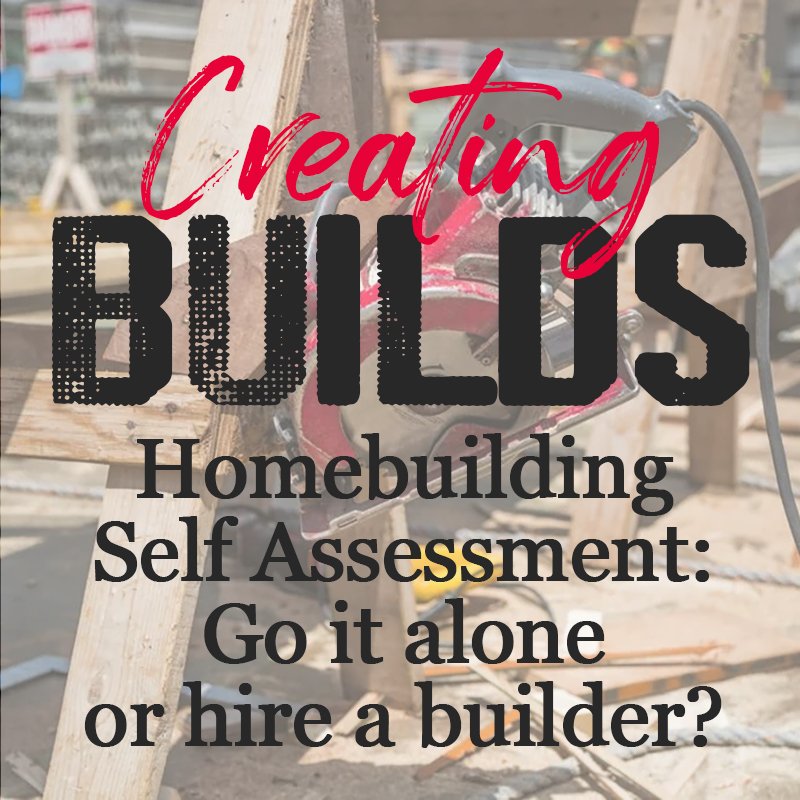
Many find the excitement that comes from deciding to build a custom home incredible. To them, the freedom to select any combination of materials, colors, layouts, and design elements is exhilarating. Others find the limitless possibilities overwhelming. We crafted this self-assessment to help determine your preparedness for the building process. Not everyone understands the level of commitment required to build a true custom home. We are not talking about buying a new construction home where there are 2 or 3 models, 2 floor types, 4 countertops, and paint colors to select. When we talk about custom homes, we mean choosing a builder or serving as your own general contractor and designing a home to your exact specifications. Custom home construction is a commitment. When you decide to build, you are committing time, money, and significant effort to the project. Including pre-construction planning and land acquisition, you are often committing to a timeline of 1-2 years. Are you prepared for that type of commitment? Below is a list of things you will want to ensure you are capable of handling before embarking on a journey to build a custom house.
- Stress management – how well do you cope in stressful situations? Are you able to deal with frustration when things do not go according to plan? Are you able to adjust your perspective when your expectations are unfulfilled. Can you handle intense feelings of disappointment? Is it possible for you to manage unexpected changes to project timelines or resource availability?
- Budgeting and expense management – how meticulous are you with money? Are you able to manage a spreadsheet of money inflows and outflows? Can you build a budget that is flexible enough to accommodate cost overages and timelines that exceed projections? If cost variations occur, will your finances accommodate those variances?
- Flexibility in your daily schedule – sometimes things come up that require your attention. Can you break away from commitments to address issues that arise? Are you able to take time off to meet contractors, inspectors, or lenders at your building site?
- Making timely decisions with little or ambiguous information – sometimes you must make choices when information is not readily available. Contractors may need a quick response from you regarding a build or design element that would hold up construction if not quickly addressed. For example, the cement siding you chose is out of stock for the next 12 weeks. Would you pivot to brick?
- Conflict management – firmly but politely asking contractors to fix things that are not done correctly. Are you resolute enough in your beliefs to avoid paying for poor craftsmanship or not paying for work until the job is complete?
- Negotiation
- Pricing – are you willing to ask for discounts from vendors and contractors? Discounts are available, but you must pursue them
- Terms on construction loan – duration, rate, single close
- Possible lender extension when construction loan matures before construction is complete
It is not necessarily a deal-breaker if you said “no” to any of these items. Your builder or general contractor will play a big role in the process. He or she should advocate on your behalf. What we have experienced in our builds and those of friends, is the more committed you are to the build process, the better the outcome. You are the only one who truly cares about your new home. To everyone else, it is just a job.
Interview several builders. Try to find someone with whom you relate that is passionate about delivering a quality product. While you are not expected to be an expert in the construction process, if you are comfortable with the items listed in our self-assessment section, you will have a much easier time navigating the build process.
